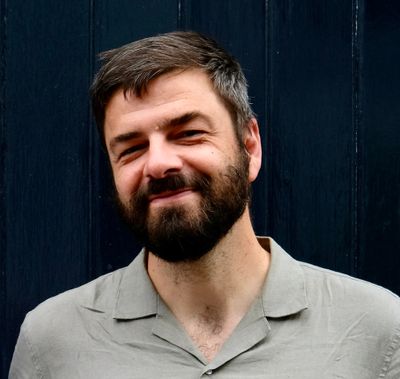A reality where success isn’t measured in the amount of funding rounds or size of acquisitions but in terms of monthly revenue and positive cash flow.
A reality where a startup’s impact isn’t measured with a hockey stick, but based on the impact it has on its community, its people and its customers.
A reality where startups acknowledge their own survivor bias and realize that not everything they’ve done has lead them to where they are now, but that they’re here in spite of what they did.
A reality where failure is neither celebrated nor punished, but always used as an opportunity to learn and improve.
A reality where diversity is a requirement to build a great company rather than an afterthought.
A reality where co-founder isn’t a badge of honor, but where everyone in the company focuses on what they do now and in the future, regardless of their past achievements.
A reality where humility rather than a big ego is a fundamental attribute of founders and teams.
A reality where startups focus on the good they can do rather than how fast they can grow.
A reality where startups are celebrated for how little money they needed to get to where they are rather than how much money was invested in them.
A reality where startups focus on work-life balance rather than try to keep their people in the office and focused on work for as long as possible.
A reality where startups focus on a great work environment and supporting a remote culture rather retaining their people by providing snacks, soft drinks, and other kinds of perks.
A reality where openness and transparency are the default modus operandi.
A reality where startups don’t hire ninjas or rockstars or “the best,” but on hiring great people and helping them grow.
A reality where talking about money, cash flow, revenue, profits, and costs of running a startup is a source of inspiration rather than seen as losing a competitive advantage.
A reality where startups acknowledge that there is no perfect reality, only experimentation and continuous improvement.
None of these realities exist in isolation, and none of them necessarily needs the other to co-exist. But imagine a world where a majority of them coincide.
Is any of these realities better? That’s up to you to decide.
All of these realities exist today, in one way or the other. They’re alternate realities, they’re not dreams.
